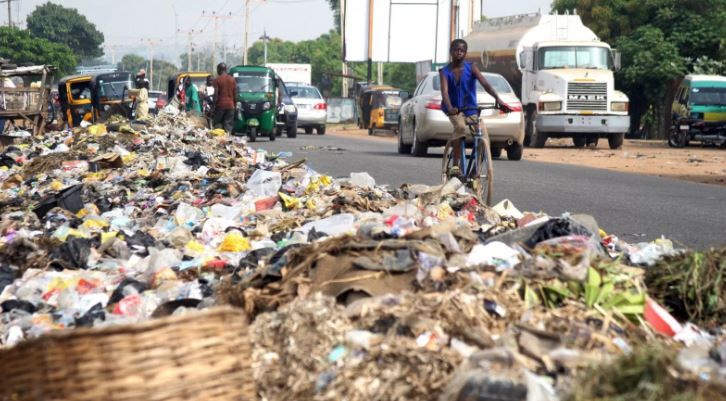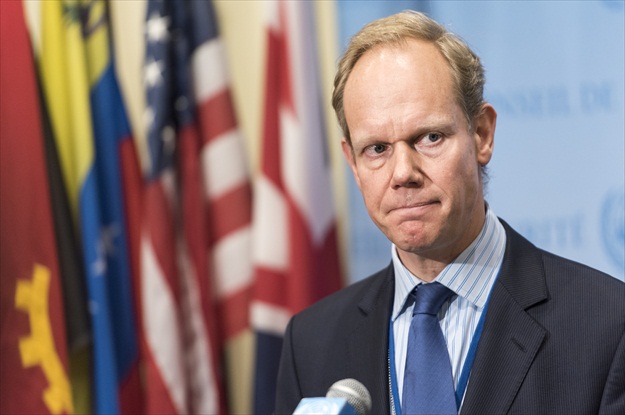With four of the world’s most polluted cities, Nigeria’s children are at the risk of dying before adulthood considering the high level of exposure to pollution.
According to the World Health Organisation (WHO), one in four deaths under five years of age is caused by unhealthy indoor and outdoor environmental pollution, including second hand smoking, unsafe water, lack of sanitation and inadequate hygiene.
In two new reports by the organisation, 1.7 million under five children die each year from diseases that are caused by air pollution, and Nigeria has the largest number of most polluted cities in the world.
In the first report, ‘Inheriting a Sustainable World: Atlas on Children’s Health and the Environment’, WHO said “a large portion of the most common causes of death among children aged one month to five years – diarrhoea, malaria and pneumonia – are preventable by interventions known to reduce environmental risks, such as access to safe water and clean cooking fuels.”
Advertisement
The organisation defined air pollution as the contamination of the indoor or outdoor environment by any chemical, physical or biological agent that modifies the natural characteristics of the atmosphere.
“A polluted environment is a deadly one – particularly for young children,” says Margaret Chan, WHO director-general.
CHAN said harmful exposures can start in the mother’s womb and increase the risk of premature birth.
Advertisement
“When infants and pre-schoolers are exposed to indoor and outdoor air pollution and second-hand smoke they have an increased risk of pneumonia in childhood, and a lifelong increased risk of chronic respiratory diseases, such as asthma,” she said.
“Their developing organs and immune systems, and smaller bodies and airways, make them especially vulnerable to dirty air and water.”
Exposure to air pollution may also increase their lifelong risk of heart disease, stroke and cancer, WHO added as it categorised carbon monoxide, ozone, nitrogen dioxide and sulfur dioxide as pollutants that are of major public health concern and that can cause respiratory diseases which can be fatal.
In 2015, the the world Bank said 94% of the population in Nigeria is exposed to air pollution levels that surpass WHO recommendations.
Advertisement
The pollution is mostly caused by using coals and wood for cooking in both rural and urban areas, burning waste due to an inefficient waste collection system, and fumes from over used cars on the road and generating sets in a country with only about 4,000 megawatts of electricity supply for its over 180 million people.
Also, Niger-Delta, the region that accounts for Nigeria’s large crude oil resource, has suffered over 50 years of pollution for unhealthy and unethical oil exploration activities.
Gas flaring in the region is also done brazenly with pipelines being blown by militants agitating for more oil resources and better welfare for the people in the region.
In 2016, WHO released another report naming four Nigerian cities – Onitsha, Kaduna, Umuahia and Aba – as four of the world’s most polluted cities.
Advertisement
Add a comment






